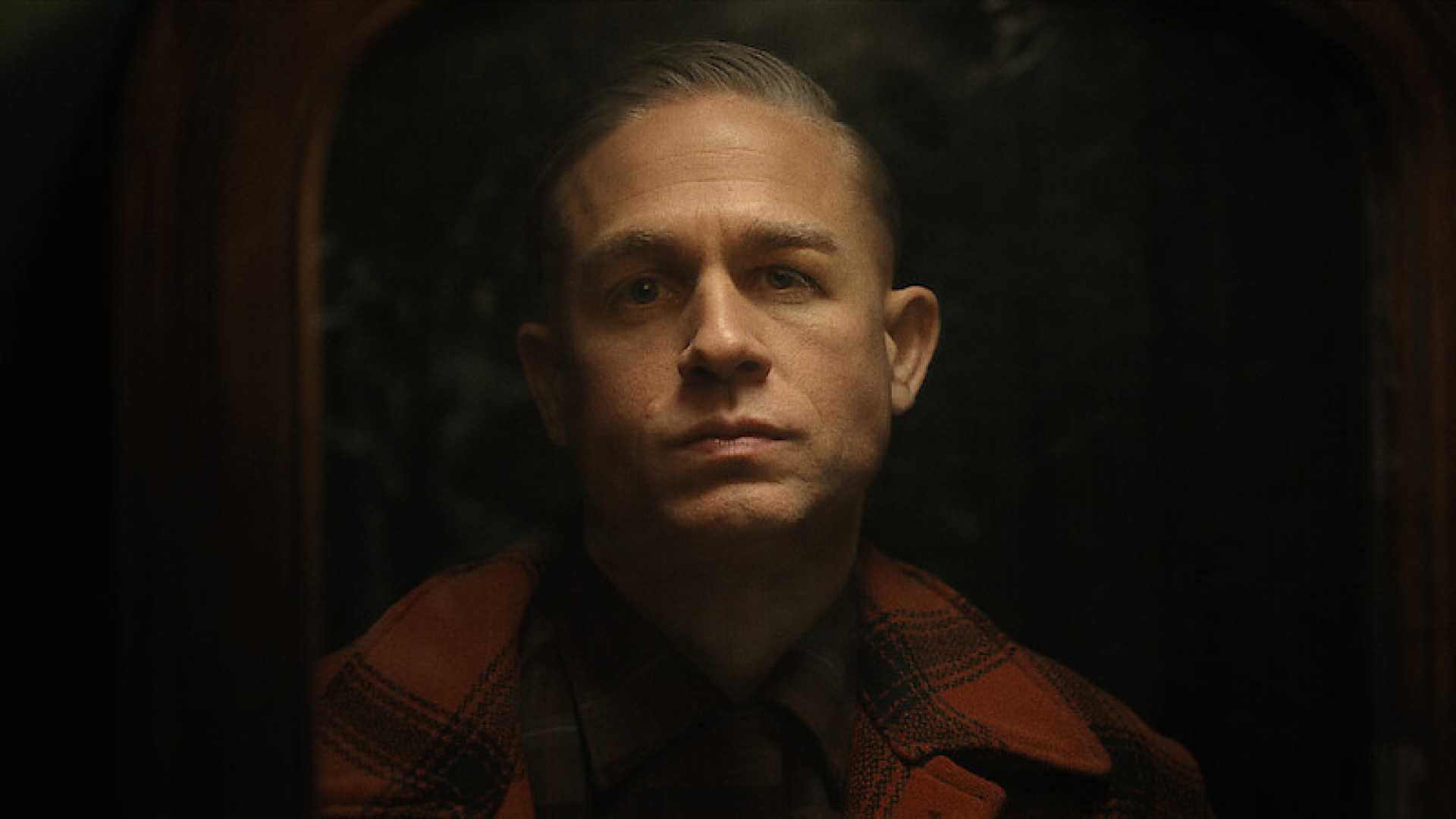Entertainment
Netflix’s ‘Monster’ Explores Ed Gein’s Dark Legacy

PLAINFIELD, Wis. — Netflix‘s latest season of its true crime anthology series, ‘Monster,’ delves into the twisted life of Ed Gein, a notorious figure in American crime history. Known as the Plainfield Ghoul, Gein haunted rural Wisconsin in the 1950s, with two confirmed murders and a slew of other suspected crimes.
The series, titled ‘Monster: The Ed Gein Story,’ stars Charlie Hunnam as the eponymous character. It premieres on Netflix on Friday, bringing to light the haunting details of Gein’s life, including his mother’s abusive influence and his gruesome acts of grave robbing, from which he created macabre household items.
Co-creator Ian Brennan emphasizes the series’ thematic exploration of whether monsters are born or made, stating, ‘In Ed’s case, it’s probably a little of both.’ As the story unfolds, characters inspired by Gein’s crimes intertwine with the main narrative, illustrating the media’s impact on his delusions.
Gein’s early life was marked by tragedy. After the suspected accidental death of his brother Henry, Ed became increasingly isolated, further complicated by his mother’s harsh treatment. Hunnam describes Gein as someone who lived in a ‘bizarre world’ defined by this abusive relationship.
The series doesn’t shy away from graphic depictions of Gein’s crimes. His first known murder was that of tavern owner Mary Hogan, whose disappearance caught the attention of local authorities. The investigation ultimately led to the grisly discovery of Hogan’s body and others on his farm, where items like lampshades made from human skin and a belt fashioned from nipples were found.
Gein’s fascination with his mother, Augusta, plays a central role in the series. Hunnam discusses how Gein’s mindset shaped his actions, reading into his tragic attachment and exploring its darker implications. ‘It was a work of his own creation,’ he explains.
The show also introduces Adeline Watkins, a figure tied to Gein’s narrative. Although based on a real individual, historical accounts of her relationship with Gein are contradictory, leaving audiences to question her true influence on his life. Brennan notes that while Gein struggled with severe mental illness, the series aims to highlight the importance of understanding mental health issues and society’s responsibility to those affected.
Gein’s legacy endures beyond his crimes. His life inspired multiple iconic horror films and characters, such as Norman Bates in Alfred Hitchcock’s ‘Psycho’ and Leatherface in ‘The Texas Chainsaw Massacre.’ With insights from experts and archival sources, the series paints a picture of a man deeply influenced by his childhood and the media he consumed.
Ryan Murphy, the show’s creator, described Gein as one of the most influential figures in 20th-century horror, stating, ‘He influenced the Boogeyman and Psycho.’ The series captures this cultural impact while addressing chilling questions about humanity and monstrosity.
As viewers explore Gein’s dark journey through ‘Monster: The Ed Gein Story,’ they are prompted to reflect on the delicate boundaries between reality, mental health, and the fascination with horror in popular culture. The series is now streaming on Netflix.












